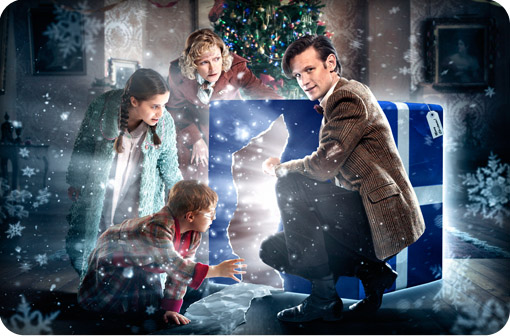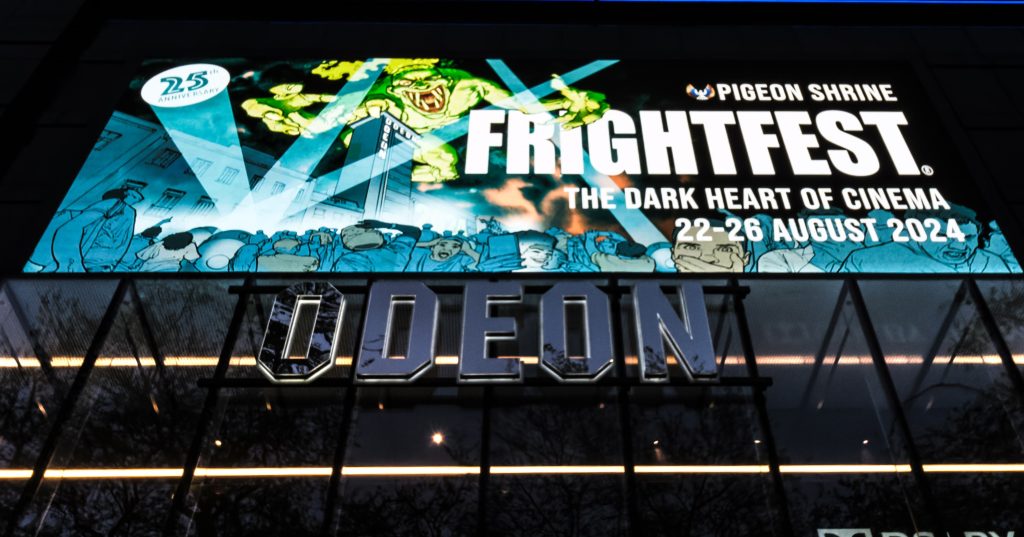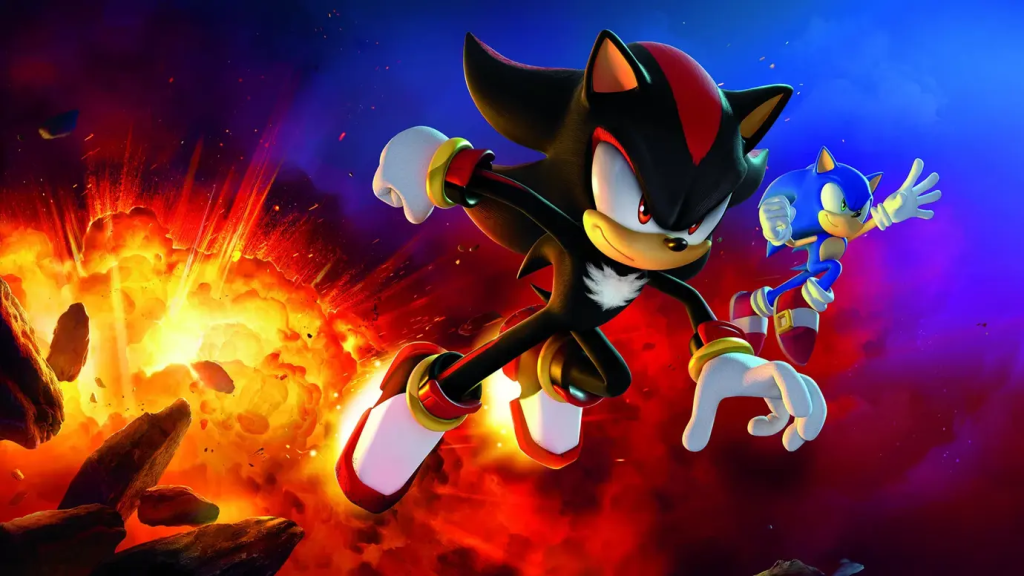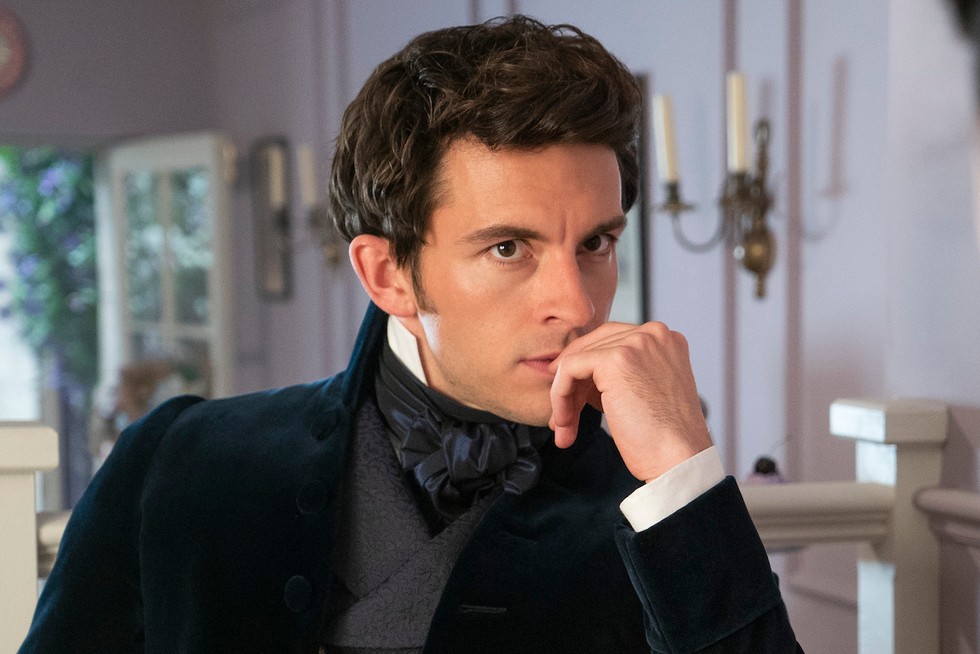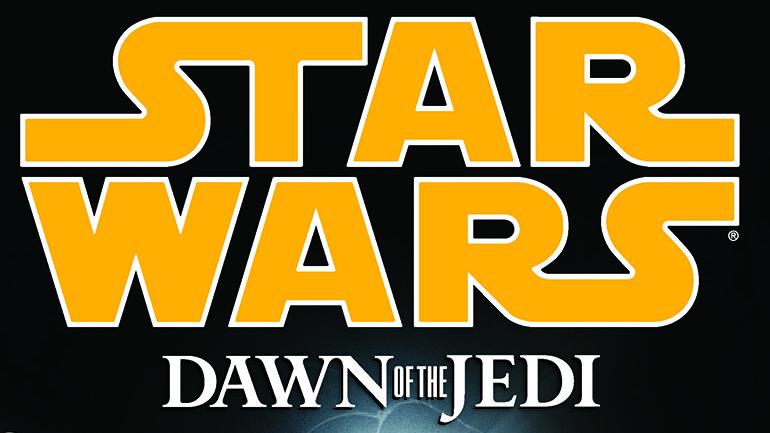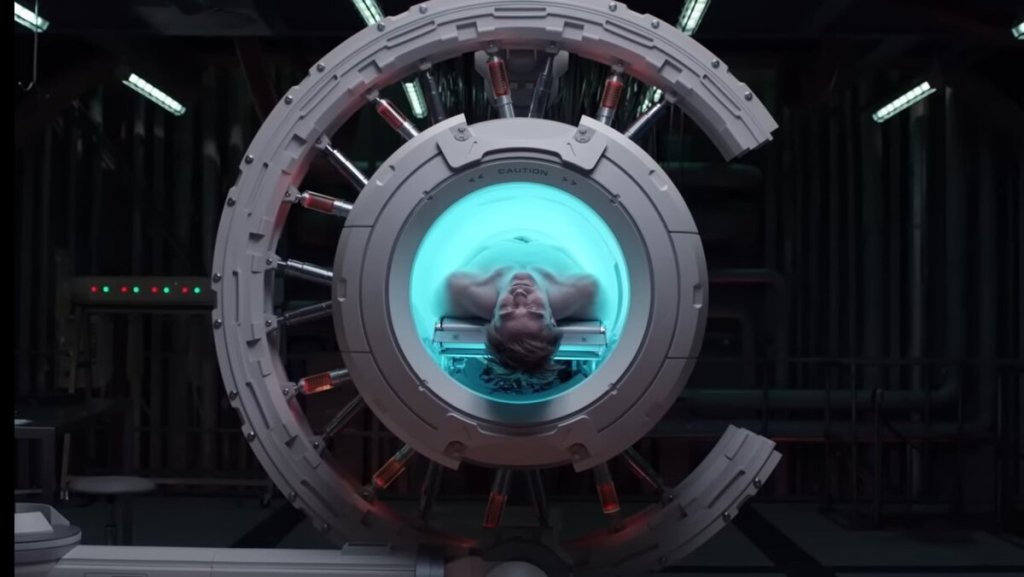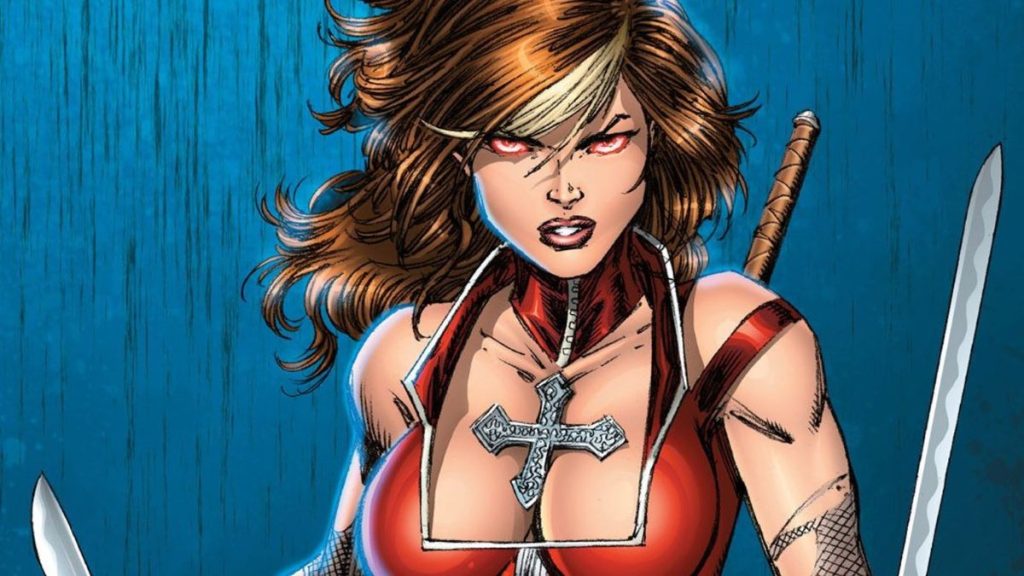
Review: The Doctor, the Widow and the Wardrobe / Directed by: Farren Blackburn / Written by: Steven Moffat / Starring: Matt Smith, Claire Skinner, Maurice Cole, Holly Earl, Alexander Armstrong, Bill Bailey, Arabella Weir
Do you know, if I had been five, I expect I would have loved The Doctor, the Widow and the Wardrobe. Probably.
The Doctor Who Christmas Specials are a curious beast, at once having to appeal to the 8 million-ish regular viewers the series maintains throughout the year, while at the same time needing to stand far enough apart from any ongoing continuities not to alienate anything up to five million extra pairs of Christmas Day eyes. Last Christmas, Steven Moffat gave us a prime example of ‘clever’ Doctor Who, A Christmas Carol being the ultimate advertisement for the Grand Moff Steven’s timey-wimey take on the series, while at the same time steering well clear of the unfinished “Silence will fall” storyline. This year, Moff gives us his heart. DWW (as we shall know it henceforward) follows another of Steven’s most popular tropes, that of the Doctor doing something nice for someone, and making a bit of a hash of it. And being incredibly loveable as he does so.
For an episode that takes its cues ostensibly from C.S. Lewis’ Narnia tales, the pre-title sequence riffs on any number of other popular fantasy franchises (lifting moments from Star Wars, The Hitchhikers’ Guide to the Galaxy and even Dr. Strangelove, amongst others, before crashing into the Doctor Who theme in a moment which seems to be an ironic reimagining of Russell T Davies’ old crash-zoom-into-the-Earth opening gambit), almost as a deliberate feint given that we all already know what’s to come. It’s a popular trick of the writers; as soon as the titles are over, the story seems to reset in an entirely different universe.
And DWW begins brilliantly. The scene in which Claire Skinner’s character first encounters the Doctor is as charming and as amusing as any from recent series, Madge Arwell making another in a long line of strong and snappily-spoken females (with an easy acceptance of the apparently fantastical) in Moffat’s Doctor Who. There’s great comedy, eye-opening editing and gorgeous visuals (not to mention some snappy and memorable dialogue; the Doctor’s response to the question of why the children should be happy now if they’re only going to be miserable later is spot-on), as Moffat carefully manoeuvres his pieces into position, and we find ourselves following the three members of the extant Arwell family as they individually adventure on the other side of the universe.
But the hole in which DWW will later find itself has already been dug by this point (the reference to Androzani Major coming over as a deliberate pre-emption of the criticisms with which this story will surely suffer, for why else would Steven Moffat name check the Doctor Who story with the most hard-nosed, most adult reputation in the series’ history, if he wasn’t well aware that with this script, he was going to be accused of the polar opposite?), because as soon as Reg Arwell’s Lancaster becomes lost at sea, it’s easy to spot the manipulation that must eventually come. And that’s a major problem with this episode, because there are any number of manipulations occurring, and for once with a writer who is usually as assured as Moffat has proven himself to be, none of these manipulations are in any way disguised. In fact, the references to “happy tears” are shoe-horned so badly into the dialogue it’s actually a surprise when they pay off as obviously as they do.
It’s almost as if Steven Moffat has taken the criticism that his Doctor Who is occasionally too adult – and, conversely, occasionally not nearly grown-up enough – and deliberately written a Doctor Who story for pre-schoolers, something that would have played well on the CBeebies channel, with a little more colour (and there’s spectacle enough; it’s amazing given how recently DWW was shot how much effects footage there is in the sixty minutes). Indeed, given the story’s content, it’s surprising the BBC moved the transmission back to seven o’clock this year; DWW will surely feel more at home in a lunchtime repeat next Christmas than it does as an aperitif to Strictly Come Dancing and Eastenders.
All of which is not to say that The Doctor, the Widow and the Wardrobe isn’t a pleasant and enjoyable enough experience, and very much in the school of the Spielberg films-for-children, like E.T. the Extra-Terrestrial, Jurassic Park and Hook. There’s never a shortage of imaginative ideas in a Steven Moffat script (even if they don’t always seem to make sense), and DWW provides plenty – even if they don’t always seem to make sense. But DWW lacks balance, and if you’re going to lay on the syrup in the latter third (and when DWW lays on the syrup, it really lays on the syrup – and director Farren Blackburn must take a lot of the blame, given how Claire Skinner and Matt Smith’s otherwise note-perfect performances suddenly tip over into gloopiness), then you’ve got to be very careful not to stray into bad-Spielberg territory (A.I., Always and Schindler’s List are three films that could have had their resolutions better handled). There’s a complete lack of darkness in The Doctor, the Widow and the Wardrobe – a complete absence of a White Witch character to provide some equilibrium and someone or something in need of usurping; even the tree-people lack any kind of menace once awakened (they may as well have remained immobile) – and if the Special were to take its place as the memorable and much-loved Christmas television it so badly wants to be, then it really needed to have stronger characters and less obvious intentions. As it is, the comedy-relief (in the form of Bill Bailey, Arabella Weir and Paul Bazely) is as badly-written as it is performed (and a fairly obvious plot facilitation), the resolutions walk a very fine line between being ‘magical’ and being entirely ridiculous, and the story’s motivation is so obvious (mothers are important, especially at Christmas; and so are trees), it’s hard to tell if Steven Moffat’s being completely serious, or just having a laugh at his audience’s expense.
The moral of the story seems to be that it’s okay to fell whole forests, as long as you replant elsewhere while you do so. Thanks, Steven.
The final scene, the one in which Moffat gets his Doctor back on track, just in time for a series that isn’t even due to arrive for any number of months, is so badly-acted (and again, the director must shoulder some of that responsibility, because the writing is as standard as Steven Moffat ever gets), and so removed from the previous 55 minutes’ television (except for the “happy tears” pay-off), that it would have been better off being saved until the next episode eventually arrives, when it might have been more usefully employed as a ‘prequel’ (and thus would have been seen by a far smaller number of people).
The Doctor Who Christmas Specials have so far taken their cue largely from the movies (except when they’ve been important pre- and post-regeneration stories), with Steven Moffat subtly moving towards literature for his inspiration. But while Russell T Davies understood that these standalone mini-movies, as with so many of the established ‘Christmas classics’, might use Christmas as a backdrop, but that it was their universality and timelessness that made them work, I’m sad to report that Steven Moffat has dropped the ball this year. The Doctor, the Widow and the Wardrobe tries too hard and achieves too little. It’s such a shame; the premise is fantastic and the first half of the story is brilliant, and with A Christmas Carol making such a fantastic addition to the Doctor Who Christmas canon after the inconsistent Series Five, I was expecting better after the blinding Series Six. But the payoff is like a Christmas dinner composed entirely of dessert, lacking in substance and leaving a sickly aftertaste.
So the bad news is, it was Steven Moffat’s turn to try and do something nice but instead he made a bit of a hash of it. But the good news, is that even on an off day, Moffat is completely incapable of writing anything that isn’t at the very least absorbing and wittily phrased. And although as an eight-year-old, I would have wanted more monsters and greater peril, I expect that as a five-year-old, I would have loved it.


